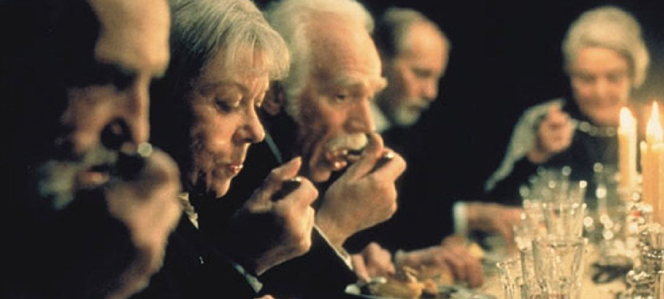The Diocese of Knoxville, in which I serve, has a Catholic population of around 3% of the general population. The Catholic Church in East Tennessee is considered one of the smallest dioceses in the country and is truly in mission territory. Every now and then this reality is brought to my awareness in a variety of ways, one of which occurred this past Monday.
Late Monday afternoon I was approached by one of the students at the Newman Center. Another member of the Center had texted him saying she was stranded about three hours from campus and was desperate to find a ride back to school. She and her roommate (neither of whom have a car) had been able to arrange for a ride back to the roommate’s hometown over the weekend with another student who was driving that way. This other student with the car was not very dependable though and, for whatever reason, had left the two stranded when they were not able to reach their meeting point at the exact time they had discussed even though they let her know they were on their way. So, they were stuck with no ride. I arranged with another priest in that area to pick up these two students and drive them to Knoxville where I was to meet them and bring them the rest of the way back.
When I arrived at the meeting point I found the other priest and just the one student member of the Catholic Center. When I asked about her roommate I was told that when the roommate heard what the plan was she emphatically said, “I am not getting in a car with a Catholic priest!” In the face of this offer to help, she turned away. So, she remained at home. I do not know if she has made it back to campus yet or not. It is moments like these as a Catholic priest in East Tennessee when you just shake your head.
A few things strike me as I reflect on this experience.
As I talked with the Newman Center student driving back to campus I came to understand that the roommate is from a small, isolated and truly impoverished area of the state. I would hazard to guess that she is the first in her family to attend college. I would also expect that her education is limited and that her whole experience of Christianity has been very fundamentalistic in scope. Catholicism would truly be a foreign concept for her. My experience has been that when people raised in such an environment encounter Catholicism they either react in fear or in ridicule (both of which are sides of the same coin). By so doing, they demonstrate a profound ignorance of a ritualistic approach to faith and worship and, truth be told, a fear of the full expression of Christianity and its depth of beauty.
Sadly, I think part of the student’s reaction is rooted in the abuse scandal that has rocked our Church. It has been said that the abuse scandal has given ample ammunition to the enemies of the Church; well, it has also made it harder to instruct the ignorant. When a person is afraid to get in a car with a priest out of fear of what might happen then how can you even begin to overcome the stereotypes out there about the Catholic Church? This question is beyond the scope of this post but it is worthy of reflection and prayer.
In the movie Babette’s Feast there is scene where the elderly residents of an isolated, Calvinistic-style village conspire and make a pact together to not enjoy the coming feast being prepared by Babette. The beauty of the film is found in watching as this conspiracy of silence melts away in the enjoyment of the feast. I often think of this film when I have experiences like the one above or even, on the other extreme, when I run into secular fundamentalists (who are often just as rigid and life-denying in their thinking). Babette’s Feast gives us a prime model, I believe, for the new evangelization.
When the time of the feast comes Babette has lived for years within the tiny village serving the people there. She has been humble. It is realized after the feast that Babette has not given just from her surplus but rather she spent the entirety of her lottery winnings on the feast. She gave her all. The beauty of life and community is what overcame the conspiracy of silence on the part of the diners. Babette did not preach at them, rather she invited them to the beauty of the feast and it was this lived enjoyment that melted away their distrust and even enabled them to find healing and forgiveness in their lives.
In my ministry I have encountered at different times this “conspiracy of silence” in the face of an honest invitation to relationship and to life. The above incident is just one further example. This “conspiracy of silence” always leaves me shaking my head. It challenges me to wonder how might one more truly proclaim the gospel in our day and age and finally, it leaves me profoundly grateful for the depth, beauty and life-giving nature of the Catholic faith.
